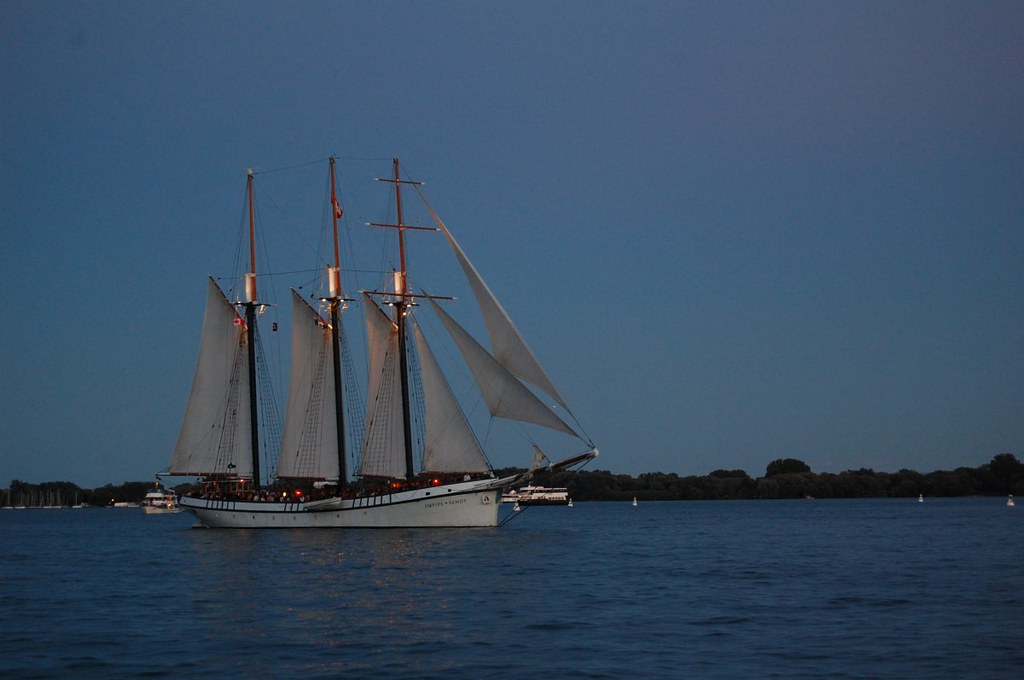I’ve been familiar with the phrase “Batten Down the Hatches” for so long that I can’t even recall when I first heard it. I’ve always understood it to derive from a nautical origin. However, in current usage it seems to mean a more general effort to prepare for the worst. One would want to cover a ship’s hatches in rough waters or during a storm to keep the vessel from taking on water. The meaning is completely understandable and the analogy apt.

I’d always figured that “batten” must have been the act of locking a hatch cover into place. Honestly, I never though much about it. My assumption was correct although the actual explanation is a bit more intriguing. It turns out that battens were strips of wood that sailors nailed-down along the edge of a tarpaulin to cover an open hatch. The batten was a means to hold a cover in place on an old wooden sailing ship.
More To the Point

Loyal 12MC readers from the northeastern United States understand where I’m going with this. I’ll excuse the rest of you for scratching your collective heads. This major weather event will not impact you and probably won’t have much meaning in your life at the moment.
Nonetheless, the Mid-Atlantic region of the United States is directly in the crosshairs of Hurricane Sandy as I write this. Sometimes life intrudes on Twelve Mile Circle and that’s where I am this morning. I’ve not had any time to pull together a decent geo-oddities article for you.
Frankly I’m getting a little fatigued by Mother Nature. We went through an earthquake and then Hurricane Irene last year followed by that weird derecho thing during the summer that wreaked havoc upon the electrical grid. Now we have another hurricane. I can’t recall a similar clustering of natural events in my entire lifetime living within the Mid-Atlantic. Crazy.
We’re about as well-prepared as I suppose might be possible given the circumstances. I spent a couple of hours cleaning all the gutters and downspouts to make sure the rainfall drains away from the house. We gathered every object that the wind might move and locked them in the garage. We filled the gas tanks in all of the cars.
It’s almost a certainty that we will lose electricity. The power goes out here during garden-variety thunderstorms. So it’s more a matter of how long we will have electricity before the grid fails. Flashlights, batteries, water, non-perishable food. Check. We have a gas stove and oven that do not require electricity so at least we’ll have hot meals. The temperature should remain above 40° Fahrenheit (4.5° C), and often several degrees above. That might be a little chilly. However it’s completely doable with warm clothing and blankets. It’s an inconvenience. It’s not life-threatening.
The Gecko Conundrum

Then there’s the gecko. My older son got a baby gecko for his birthday a few weeks ago. It requires very specific temperature ranges that differ from what we expect over the next several days. So we’ve developed several contingencies.
We can use the stove to heat-up small granite tiles that we can place under the cage. We also have a box of air-activated hand warming pads and we’re pretty sure we can rig the cage to attain proper temperature without letting the lizard get too close to the pads. Finally we have body heat and could put him into a small box and bring him under the covers with us.
Those are all short-term solutions. The longer-term solution will be to find a neighbor with electricity once the storm passes. A different electrical grid serves the people living next door to us. Often one or the other of us will have electricity restored first and we’ve had a long-standing agreement to snake electrical cords back-and-forth, so that might be an option.
It boggles my mind that our biggest concern and our greatest preparation involves a $19 gecko. Those of you with children will probably understand.
I’ll be back in touch once Hurricane Sandy passes and I’m back on the grid. Don’t be concerned if 12MC goes offline for a few days.

Leave a Reply